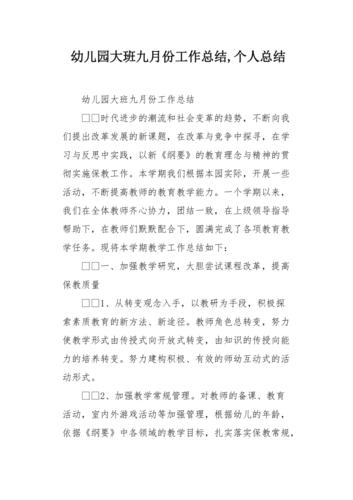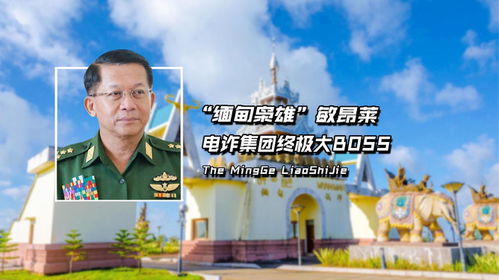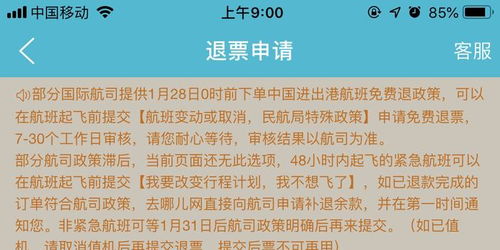早教顾问工作总结简短
Title: Early Childhood Education Consultant: Job Summary and Insights
As an early childhood education consultant, your role is pivotal in shaping the foundation of a child's learning journey. Here's a comprehensive summary of the responsibilities, challenges, and key insights of this profession:
Job Summary:
Early childhood education consultants provide expertise and guidance to educators, childcare providers, parents, and administrators to ensure the optimal development and education of young children. They offer support in curriculum development, classroom management, parent education, and program evaluation. Consultants may work independently, for educational institutions, or for government agencies.
Responsibilities:
1.
Curriculum Development:
Collaborate with educators to design ageappropriate curricula that foster holistic development in areas such as cognitive, social, emotional, and physical skills.2.
Professional Development:
Conduct workshops, seminars, and training sessions to enhance the skills and knowledge of early childhood educators in best practices, child development theories, and effective teaching strategies.
3.
Program Evaluation:
Assess the effectiveness of early childhood education programs through observations, evaluations, and feedback collection. Identify areas for improvement and recommend necessary adjustments.4.
Parent Education:
Provide resources, workshops, and oneonone consultations to educate parents about child development milestones, effective parenting techniques, and the importance of early childhood education.5.
Policy Advocacy:
Stay informed about relevant policies, regulations, and trends in early childhood education. Advocate for policies that support quality early childhood education and address the needs of young children and their families.6.
Research and Development:
Stay abreast of current research in the field of early childhood education. Apply research findings to improve teaching practices, curriculum design, and program implementation.Challenges:
1.
Resource Constraints:
Limited funding and resources may pose challenges in implementing quality early childhood education programs and providing adequate support to educators and families.2.
Diverse Needs:
Each child comes with unique strengths, interests, and developmental needs. Tailoring educational experiences to meet the diverse needs of children can be challenging.3.
Parental Involvement:
Engaging parents in their child's education and encouraging their active participation can be difficult, especially when faced with barriers such as language barriers or differing cultural beliefs about education.4.
Policy Changes:
Rapid changes in educational policies and regulations may require constant adaptation and may impact the delivery of early childhood education services.Key Insights:
1.
Holistic Approach:
Early childhood education should focus on the holistic development of children, including cognitive, social, emotional, and physical domains.2.
PlayBased Learning:
Incorporating playbased learning activities fosters creativity, imagination, and problemsolving skills in young children.3.
Cultural Sensitivity:
Recognizing and respecting cultural diversity is essential in providing inclusive and equitable early childhood education experiences.4.
Continuous Professional Growth:
Continuous learning and professional development are vital for early childhood educators and consultants to stay updated with best practices and emerging trends in the field.In conclusion, being an early childhood education consultant requires a deep understanding of child development, effective communication skills, and a passion for advocating for the wellbeing and educational success of young children. Despite the challenges, the opportunity to positively impact the lives of children and families makes this profession incredibly rewarding.











